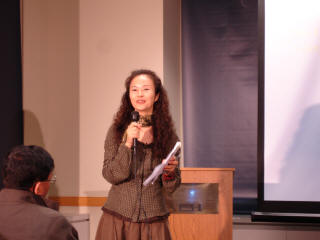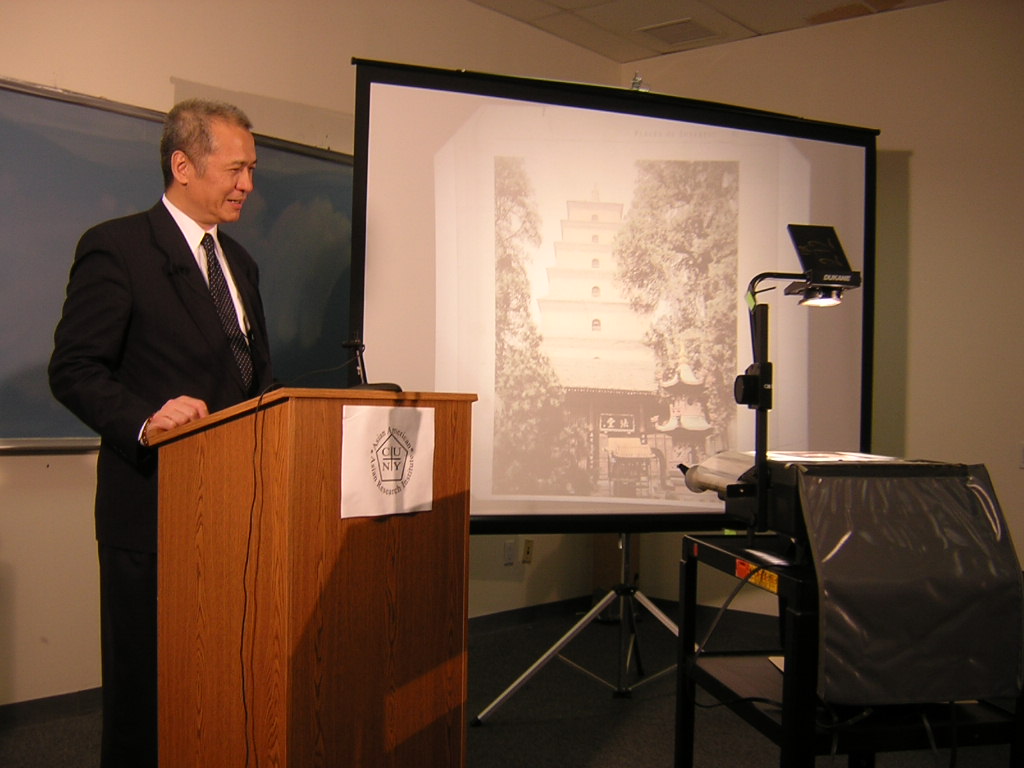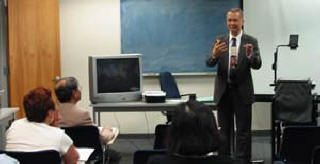Tibetan Studies in China: Culture & Buddhism
Professors from the China Tibetology Research Center in Beijing, will share their research on various aspects of Tibetan culture and Buddhism: Du Yongbin – Tibetan Studies in Contemporary China: The Styles and Characteristics Tibetan studies is a discipline both about geography and society of Tibetan areas, and about history and today of the Tibetans. China … Read more




